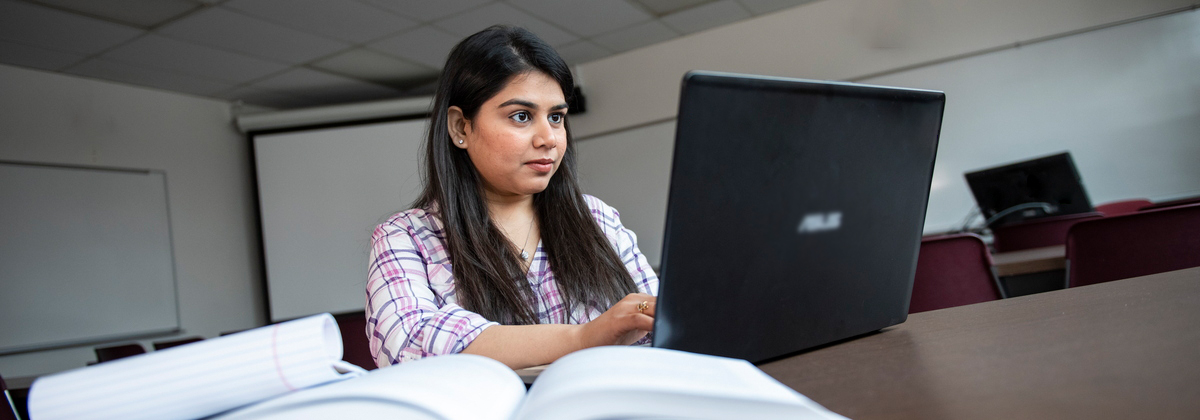- Families and Development in Context Lab
- Prospective Students
Prospective Students

Undergraduate
Undergraduates are welcome to learn about research while earning course credit through taking Independent Study (PSYC 485). I prefer that students take this course for 3 credit hours, which translates into working in the lab 9 hours per week. Some summers I will take 485 students; in this case, 3 credit hours translate into working 12 hours per week. Typically students are involved in a variety of research projects including those led by myself and by the graduate students working with me, which can give them experiences that will help them decide whether research is for them.
Activities
Students doing a 485 with me may be involved in the following activities:
- Data Entry using SPSS, a statistical computer program, for ongoing projects.
- Data collection may include studies looking at PSYC 102 students, other college-aged participants, families in the community, and children and adolescents in the schools.
- Literature searches and creation of article summaries as needed, searching for, accessing, and summarizing articles related to the studies at hand.
- Maintenance of professional journal citations into a lab database.
- Assistance in the creation of materials that will be used in manuscripts and other presentations.
- Develop and present a poster on existing data from the lab for the psychology department or university research conference. View past undergraduate poster projects (DOCX).
An active email account that is checked regularly will be required.
Application Information
Interested students should email Professor Pittman the unique application for providing information about your interests and experiences. The best time to indicate your interest is a few weeks prior to registration. There are limited spots available in the lab (the number varies by semester), thus once commitments have been made you will not be able to be considered. With a strong recommendation of another faculty member, students interested in volunteering in the lab may be considered.
Graduate
Given our program's emphasis on balancing research and practice, I hope all graduate students will get involved with research, even if their ultimate goal is to focus on their clinical skills. Becoming involved with my research will allow students to develop their research skills which will make their work on their thesis and dissertation more manageable. For those who seek a career focused on research, getting involved in ongoing research in the lab is imperative to have a competitive edge over time.
What To Expect
With this in mind, I hold lab meetings every other week, where all students who work with me gather to discuss ongoing issues as well as general issues in the profession. Beyond talking about specific projects that students or myself are working on, topics have included how to collect data in the schools, data management, goal setting, and how to get through grad school.
We also try to do something as a group at the end of each semester, typically involving food. When graduate students enter the clinical program their first line of support is often their fellow graduate students in their cohort (i.e., other first-year graduate students). However, I think it is important to also develop connections with more advanced graduate students, and those within the same lab often can be important junior mentors.
Success in a clinical psychology doctoral program can be quite demanding as it involves balancing the demands of coursework, clinical work, and research. Having a clear understanding of the expectations of students will help you smoothly transition to graduate school and be successful.
I recommend you review the Clinical Psychology Handbook to have a better idea of all aspects of the program.
Related Links
Contact Us
Laura Pittman, Ph.D.
Psychology/Computer Science Building
Room 315
815-753-2485
lpittman@niu.edu
Graduate Students
Psychology/Computer Science Building
Rooms 132 and 134
pittmanlabniu@gmail.com